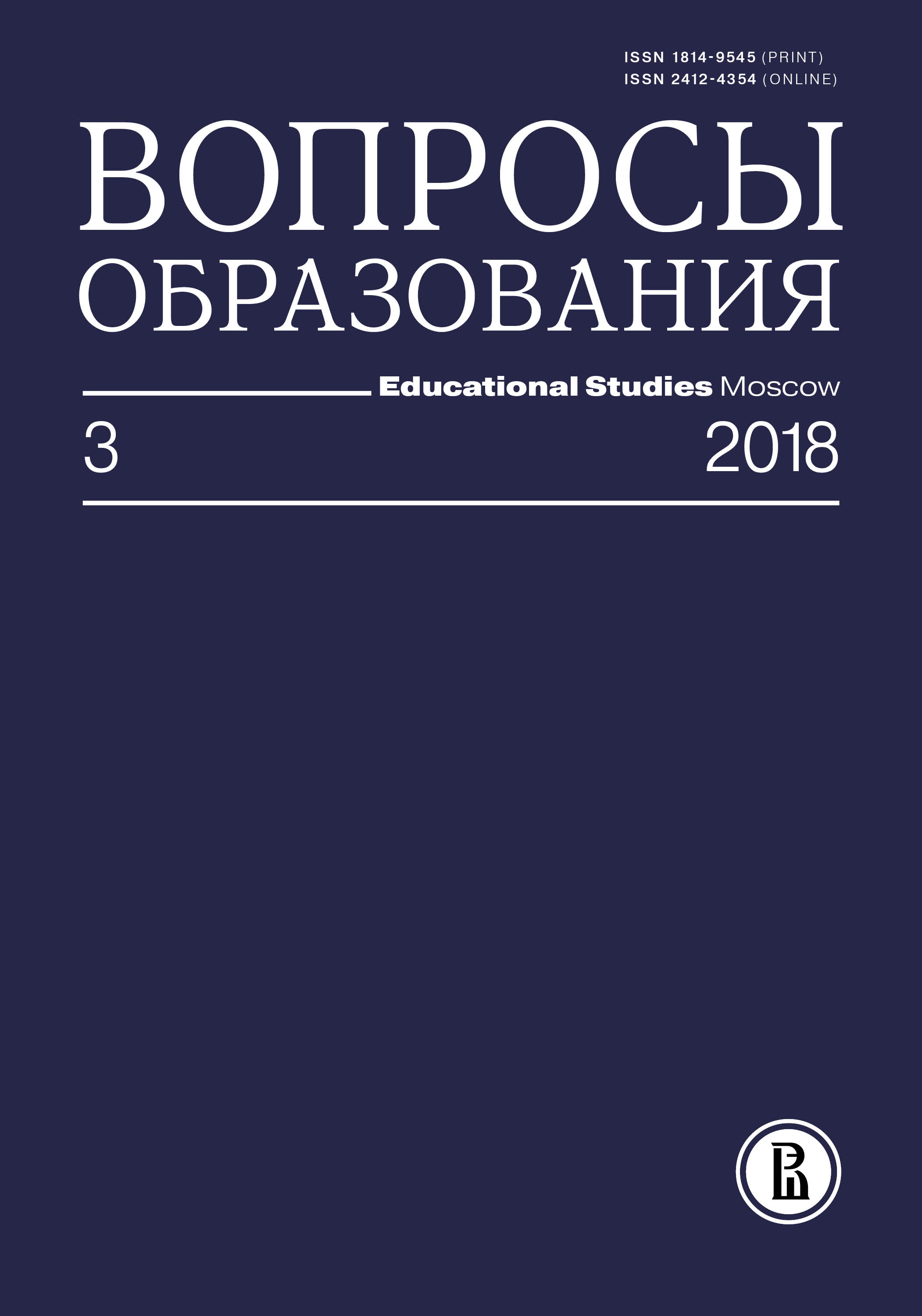Accessibility of Pre-School Education
Abstract
The article presents the latest changes and modern mechanisms in providing accessibility of pre-school education that relate to the tasks in the formation of norms and values of early childhood development. It explores the issues related to developing private entrepreneurship in the field of child care and education, and the regulation of legislative changes aimed at increasing competition between private and municipal kindergartens. It assesses parents’ basic demands for modern accessibility mechanisms when electronic services for admission to the pre-school institution are introduced; it analyses various aspects of increasing pre-school education accessibility with regard to the selection of a kindergarten, the regime of day-care programs, the number of children per group, and the work of the day-care assistants. Special attention is paid to comparing public (municipal) pre-school educational institutions and private kindergartens in order to evaluate the different opportunities which enable parents to have a free choice of pre-schools institutions. The article describes the vectors in the development of pre-school education accessibility, and in levelling the starting opportunities for successful educational strategies.









